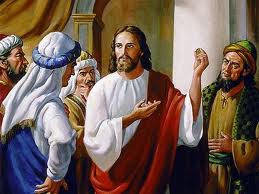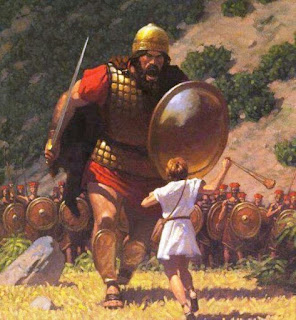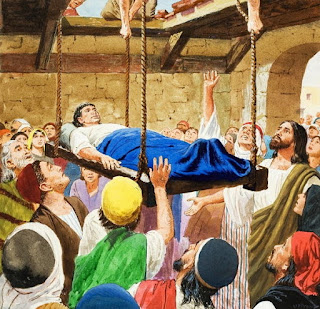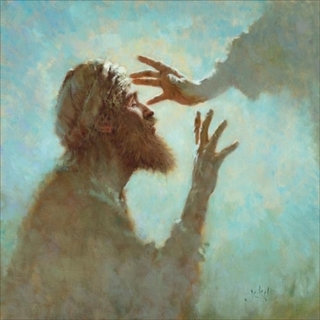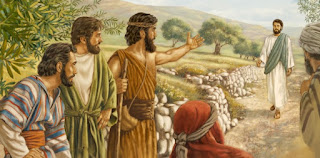Hope against hope

Tuesday of week 4 in Ordinary Time, II Mark 5:21-43 David deeply grieved for the death of his son Absalom even if his son wished to overthrow him. In today's Gospel, Jesus performed two miracles, one who simply touched the hem of his garment and another one who recently died. Both stories reflected Jesus' ability to give life even in the state of death. David reflected Jesus who was totally immersed in the rejection of men on the cross, yet he chose to forgive them and offer them life. In the Gospel, Jesus' power to heal and raise from death is overwhelming. As we live out Christian life, let us reflect on the lowest part of our lives when our faith is sorely tested whether we have given up or continued to hope even against hope for life, reparation, or even justification. The Lord will never abandon us. Let's hope even in the smallest minute details of our lives and offer them all to God. In the Lord's prayer, we pray, "Give us this day our ...

